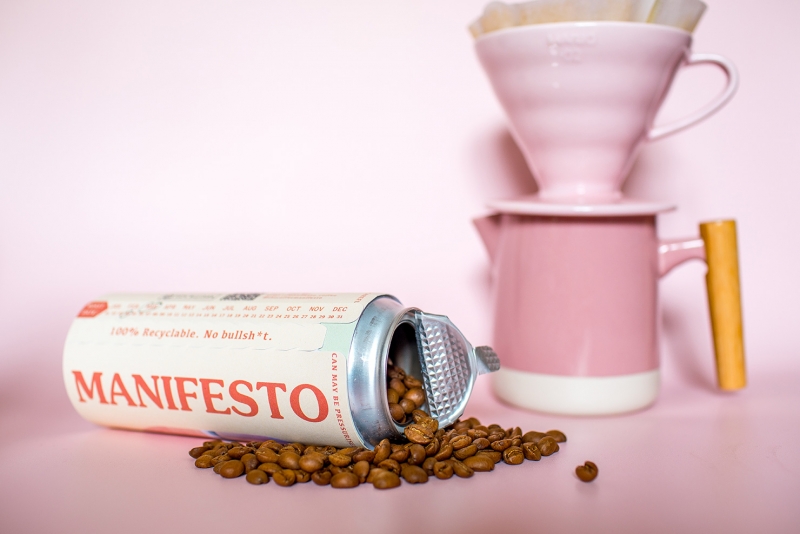The Manifesto is a roastery from Great Britain, more specifically from picturesque Perth on the River Tay in central Scotland.
The founders of this picturesque roastery are Alex MacIntyre and Lukasz Lewaszkiewicz. They have both been working in the coffee industry for about 20 years and have always been interested in the roasting side of the coffee world. Establishing our own roastery was therefore a logical step. Alex bought a small house to try as a hobby, but what gave them one last impulse - and in a sense an opportunity - was the loss of income due to COVID.
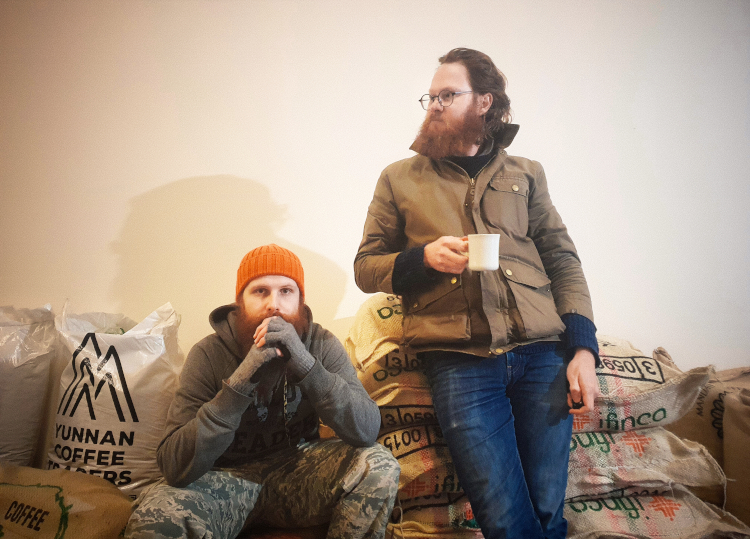
From the beginning, it was decided that they wanted to avoid the use of gas during roasting, which is a simple decision but difficult to implement. That's why they roast their coffee in the Stronghold S7 roaster. This roaster is capable of replication and thus can repeat specific roasting modes, which ensures consistency throughout the coffee roasting process. The aim of this effort is the direct impact on the quality of life of specific farmers and the associated transparency in the processing and sale of coffee, but also where the coffee comes from and why it is at that value. This includes data not only on where the coffee comes from, from what sources and from which farmer, but also what the costs were to obtain it.
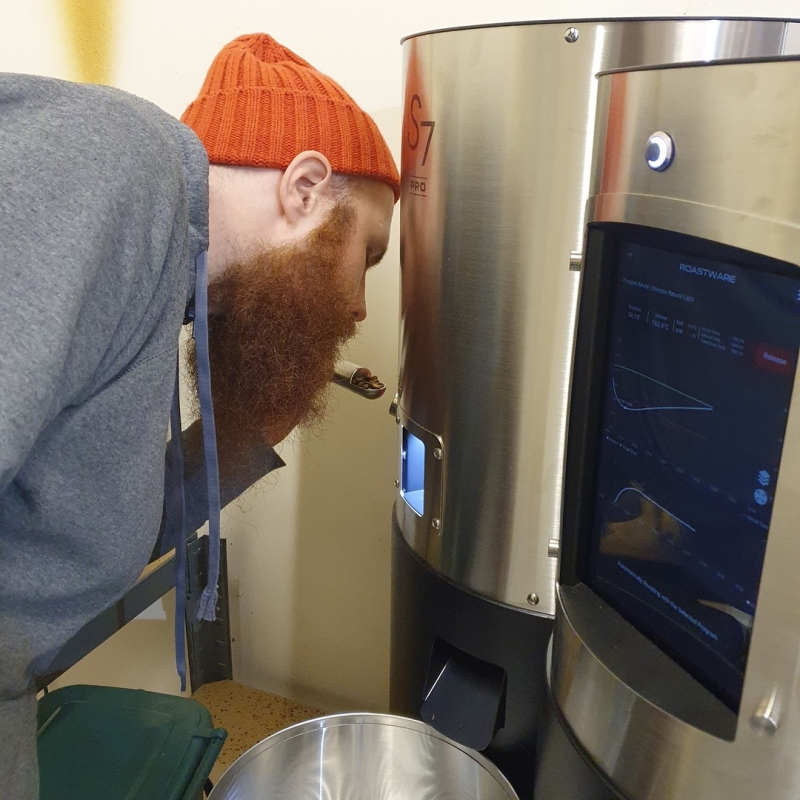
At first glance, you will definitely notice interesting packaging for coffee - cans. Most coffee containers that state 100% recyclability or compostability will not tell you the whole story. This roastery has a strong focus on the environmental distribution of its coffee and works with the idea that recyclable and compostable packaging is one that is properly sorted, including a plastic valve and zipper to close the coffee bag. Many roasters, for example, choose 100% compostable packaging, which often does not train the consumer on how to recycle such packaging. It was this omission of information that made this roastery do something else. They needed something that was made from readily available material that had an existing and extensive infrastructure for disposal and reuse, and most importantly, to be affordable. And so the only solution was cans! However, the journey to the cans took more than a year.
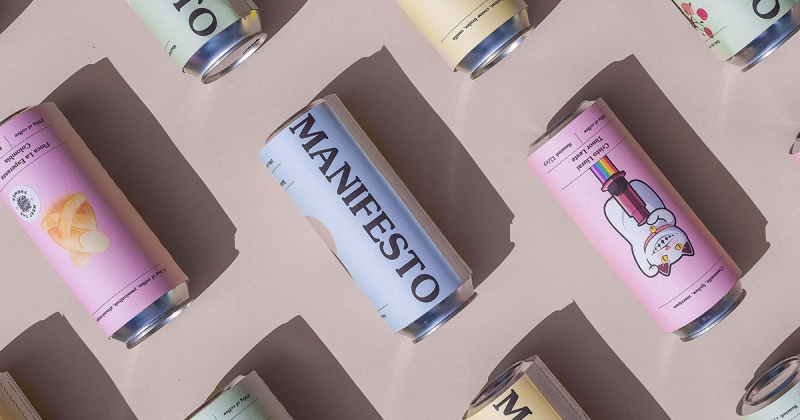
Labels are designed, printed and hand-cut using a die-cutting machine. Before switching to cans, they had a lot of trouble estimating the number of labels they would have to order. They would either order too much and have a lot of waste, or they would order too little. Self-printing and labeling of roasters provides complete control and significantly reduces the amount of waste it produces.
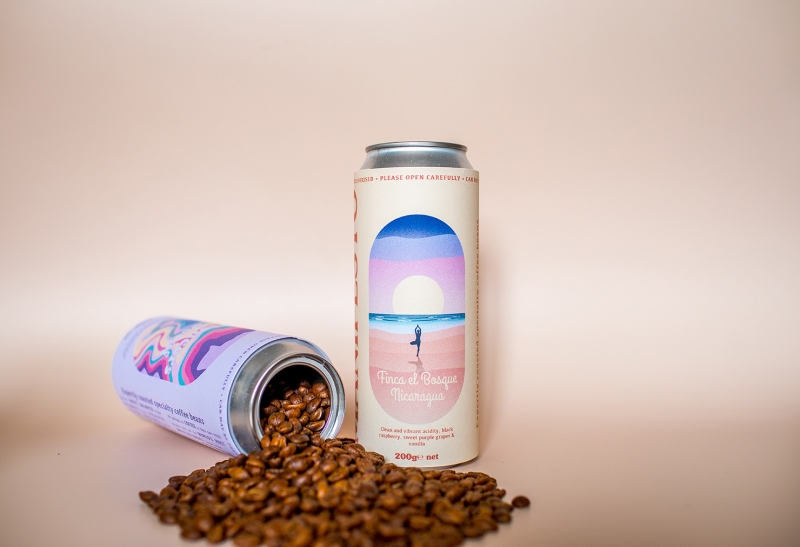
Believe it or not, tasting coffee is a job in itself. It can take years for your tastes to develop enough to reveal not only the tastes in a cup of coffee, but also simply understand the quality of the coffee. When choosing coffee, they look not only for interesting coffees, but also for defects and errors, and they judge the coffee purely in terms of "whether something is wrong or not".
"It's a pleasure to sample coffee from around the world. We can try incredible coffees, some of which we can't afford, but it's really one of the most enjoyable parts of the job to choose the amazing coffees we sell to you and we hope you enjoy our coffees!"
